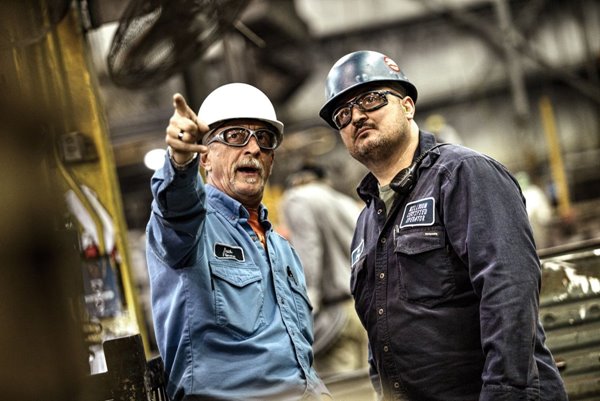Whether you have a new project that requires foundry work or are considering a switch to a new supplier, the task of sourcing product and qualifying a supplier can be a challenging process. At Waupaca Foundry, every iron casting quote request or RFQ is rigorously reviewed to assure casting feasibility. Each RFQ is evaluated to ensure completion, verifying that all necessary information has been included before it enters the quoting process. This review also includes scanning and creation of digital files for all RFQ information and drawings. Unfortunately, a few common missteps can quickly derail the process of getting a timely and meaningful quote.
Iron Casting Quote Request: 5 Ways to Slow Down the Response Time

An iron casting quote is only as good as the information provided to the supplier and any omission of details can greatly slow the process. Here are five of the most common ways that customers can slow down a response when requesting an iron casting quote:
- Provide inaccurate drawings.
It is important that the prospective iron castings supplier know exact dimensions of the product required. Drawings with missing information or imprecise dimensions will result in requests for additional information or lead to inaccurate quotes. Machine drawings are preferred over casting drawings and should include dimensional tolerances, surfaces to be machined and notation of any critical areas. - Neglect to mention volume expectations.
While you may have a strategic plan in place for the product, if you aren't communicating expectations about annual volume or a timeline for product growth when requesting a quote, the prospective supplier isn't going to be able to provide you with as much detail as he or she could otherwise. This is likely to spark revisions, tying up time that could otherwise be used to move forward with production. Discuss these expectations early on for greatest accuracy in pricing. - Make assumptions about supplier knowledge of material and inspection requirements.
Be precise in communicating product materials and avoid the tendency to think the prospective supplier already knows your needs. Specify that the part should be made of Class 65-45-12 ductile iron rather than Class 40 gray iron, for example. Let the prospective supplier know how the part should be tested before delivery as well. The same holds true for providing actual weight requirements. Otherwise, a supplier must rely on estimates, making any quote subject to change and delay the process. Use nationally recognized specifications, such as ASTM, in describing product requirements whenever possible. - Omit delivery schedule information.
If you have not communicated current and future production and delivery schedules, you are likely to slow down the pricing process as the information is gathered. Provide these details upfront to streamline the process. - Leave out special instructions.
If your product has special or unusual needs, such as expedited delivery or unusual testing requirements, include this information from the start. Otherwise, you run the risk of needing to go back a second time to obtain a more accurate quote.
In all of the above cases, an inability to properly communicate all of the information to the prospective supplier at the front end is at the root of delaying the pricing quote process. The two critical components to receiving an accurate and timely quote are for the customer to provide all information to the supplier at the start of the process and for the supplier to be qualified to produce the needed product.
Again, complete and open communication is the key to the success of the price quote process and ultimately the iron casting project itself.

